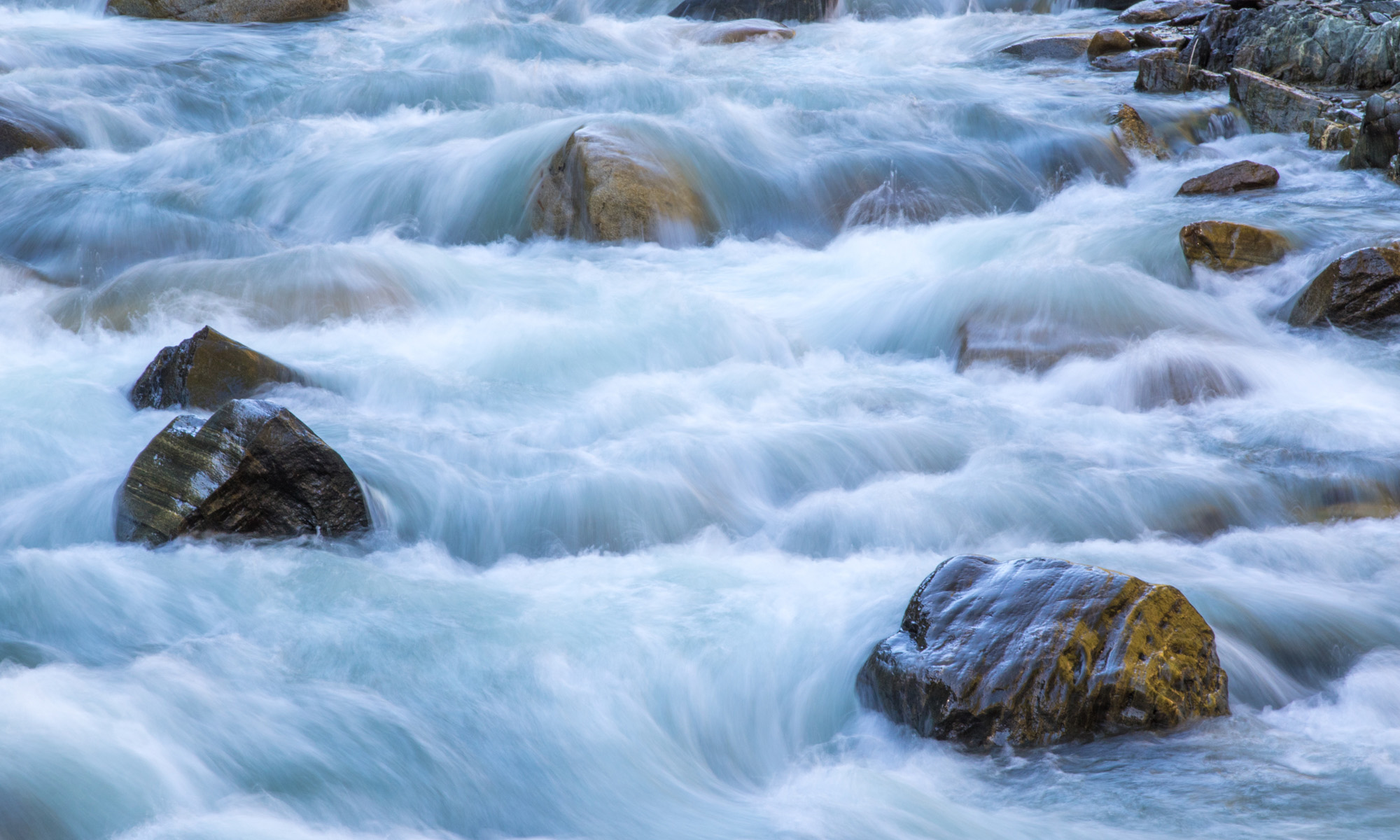Today’s Question: I often hear the advice to use a 50mm lens in order to improve your photography. But I don’t understand. How will this particular focal length make your photography better?
Tim’s Quick Answer: The advice to use a 50mm lens to improve your photography is two-fold. One, having a restriction on your photography can force you to think a little more creatively as a photographer. Second, a 50mm lens has a field of view similar to human vision, which enables you to “see” with the camera similar to how you see the world with your own eyes.
More Detail: Practice can obviously help you improve just about any skill, including photographic composition. As with many other forms of practice, when you place certain restrictions on yourself you can develop specific skills with greater focus.
For example, many exercises you might be given in a photography class are really placing restrictions on what you do. If a photography instructor tells you to focus on subjects that exhibit repeating patterns, you are essentially restricted from photographing any subject that does not exhibit repeating patterns.
When a restriction is placed on you as a photographer, you need to think a bit more about how to accomplish a given task. That, in turn, can help improve your skills as a photographer, making composition come a little more naturally, for example.
One very common approach to restricting your options when practicing photography is to use a prime lens rather than a zoom lens. The result is that you must change your position in order to change the framing of the scene, rather than simply adjusting the zoom on the lens.
When being limited to a prime lens, the 50mm lens is a common choice because this lens has a field of view that is very close to that of human vision (on a 35mm camera system). This provides the additional benefit of using a lens that provides a field of view similar to your own eyes, which means you can practice composition using your eyes even when you don’t have your camera.
I do find that restricting your photographic options, even if in a completely arbitrary way, can help you think more and become more creative as a photographer.

